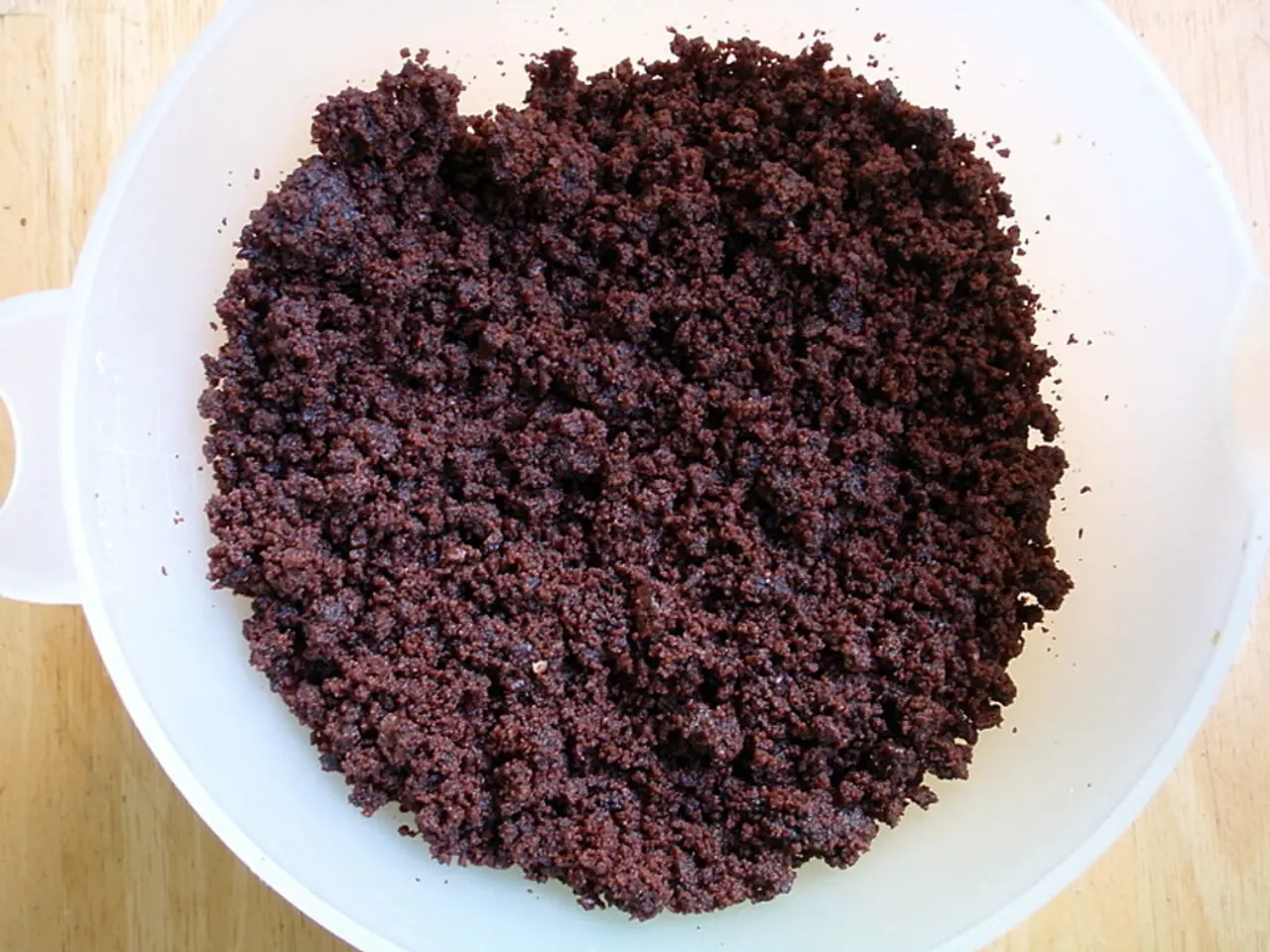Doctors Examine Feces for Genetic Material: Insights into Stool DNA Testing Outcomes
Stool DNA tests, such as Cologuard, are becoming a popular choice for colorectal cancer screening due to their convenience and non-invasive nature. These tests are designed to detect precancerous and cancerous cells by looking for atypical DNA in a person's feces.
The National Cancer Institute recommends that adults aged 45-75 undergo regular colon cancer screening, and stool DNA tests provide an accessible and affordable option for those who may be hesitant about colonoscopy. These tests can be done at home, often requiring only mailing a stool sample to a lab, and do not require bowel prep or dietary restrictions.
However, it's important to note that stool DNA tests are not a substitute for diagnostic colonoscopy, which remains the gold standard for colorectal cancer screening. Stool DNA tests may have variable sensitivity, meaning they may miss some cancers, and a negative test result does not confidently rule out cancer. Therefore, if a person receives a positive test result, they are advised to undergo a colonoscopy for further examination.
The benefits of stool DNA tests are numerous. They are non-invasive, convenient, and can help identify who should get earlier colonoscopy. These tests can detect both precancerous and cancerous cells through DNA and blood markers in the stool. However, it's important to remember that stool DNA testing is typically recommended only for average-risk individuals, not higher-risk patients. Misuse or inappropriate use can lead to false results, unnecessary follow-up procedures, delayed treatment, and increased costs.
In summary, stool DNA tests serve as a useful initial cancer screening tool for those at average risk but should be followed by colonoscopy if positive or if clinical suspicion remains high. A negative test result means the person's feces do not contain DNA or blood indicating precancerous or cancerous cells, but it does not rule out the possibility of colorectal cancer.
The FDA approved Cologuard as the first DNA-based stool testing kit in 2014. People taking Cologuard tests do not need to change their eating or drinking habits before the test. If there is no result, it means the test was not conclusive, and people may need to provide another stool sample for testing. Most health insurers in the United States cover the cost of stool DNA tests.
Cancer develops when atypical cells in the body start growing uncontrollably, often as growths called polyps in a person's colon or rectum. Doctors test feces for DNA to check for any mutations in the DNA sequencing, which may indicate that cells are cancerous or precancerous. DNA is a molecule that contains a person's genetic code and contains all the information cells need to function and reproduce. Each DNA strand comprises nucleotides, which are building blocks that contain a phosphate group, a sugar group, and one of four different nitrogen bases.
People can undergo a stool DNA test once every three years, making it a valuable tool for regular colorectal cancer screening. With the benefits of stool DNA tests and the drop in colorectal cancer death rates due to early detection and treatment through screening, it's clear that these tests play a crucial role in preventing colorectal cancer.
- Stool DNA tests, like Cologuard, are an important part of health-and-wellness, as they can detect precancerous and cancerous cells associated with colorectal cancer by analyzing atypical DNA found in a person's feces.
- Despite their convenience and non-invasive nature, stool DNA tests, such as Cologuard, should not replace medical-conditions screening methods like colonoscopy, which remains the gold standard for colorectal cancer screening.
- Regular colorectal cancer screening using stool DNA tests is an essential component of science, helping prevent cancer by identifying at-risk individuals early on and guiding them towards appropriate subsequent procedures like colonoscopy.




